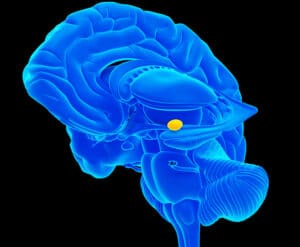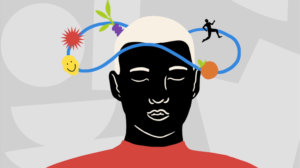According to experts, our modern lifestyle is tearing away neural pathways and making us slower, more intense, and incapable of original thinking. Hyperconnectivity is wreaking havoc on our brains more and more. Eventually, we become less productive and more ineffective.
When it comes to our health, we don’t always think of feeding our brains the way we feed our bodies. But to reach our most productive version, we must do more of what improves our brain health and less of what causes cognitive decline. Begin to strengthen your brain by changing your daily habits and avoiding these common modern habits. Your brain will thank you for sure.
1) The brain drain of inactivity…

Physical inactivity has its own price tags. It is linked to the development of chronic health problems such as heart disease, obesity, depression, dementia and cancer. Many people say they are too busy to make time for “essential movement activities” that can slow cognitive decline.
Being inactive changes the shape of certain neurons in the brain, according to a study in the Journal of Comparative Neurology that suggests a link between inactivity and mental decline.
Regular physical activity can benefit you cognitively. For example, it serves for better memory, supports learning, and has medicinal benefits that increase brain chemicals.
2) Think you’re multitasking? Think again.
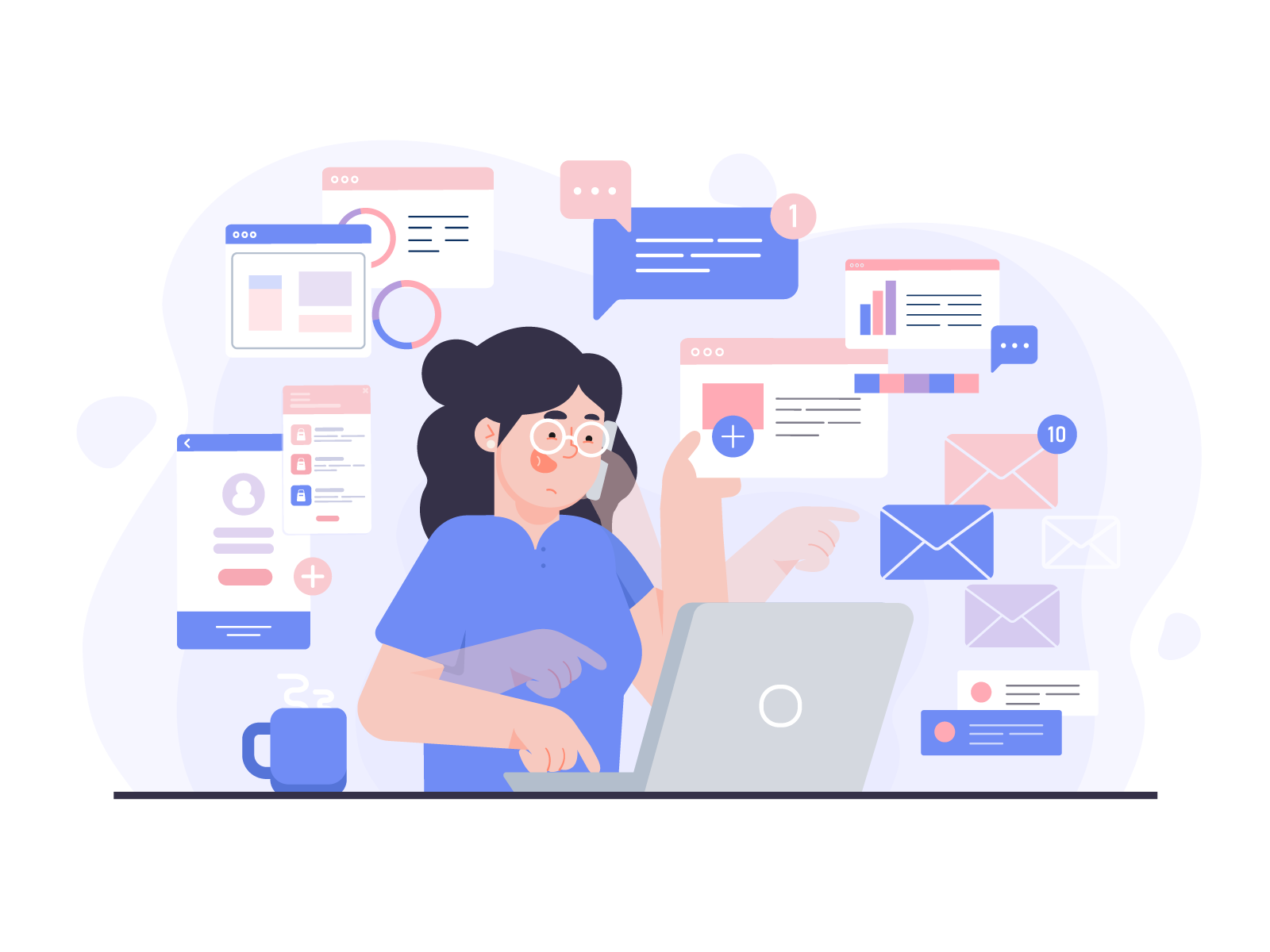
Our smartphones have become Swiss army knife. We use them constantly. We text while walking across the street, check and answer emails on the way to work, listen to podcasts while standing in line.
You may have heard that multitasking, or multitasking, is bad for your productivity. It’s a habit that apparently rewires the brain and makes you less effective.
Earl Miller, a neuroscientist at MIT and an accomplished expert in concentration, explains that our brains are like “When people think they’re multitasking, they’re actually just switching from one task to another very quickly, and every time they do it, it comes at a cognitive cost.” says.
Multitasking increases adrenaline as well as cortisol, the stress hormone, which can overstimulate your brain and cause mental confusion or confused thinking.
3) Information overload causes unnecessary stimulation of the brain.

The stimulus of emails, social media notifications, and new messages combined can be overwhelming. For many people, this period covers most of the day. If these times cannot be managed, the constant flow of content can create stress. It can cause overload.
“Information overload is one of the biggest nuisances of modern life,” says Schumpeter of The Economist.
Some people brag about how they can juggle and tackle a lot of things in a single day. Glenn Wilson, professor of psychology at Gresham College in London, discovered in one study that your active IQ drops by 10 points if you see a new email in your inbox while you’re trying to concentrate on a task.
To maximize your brain every day, use better tools and settings to filter information throughout the day. Be proactive about how you consume media. Prepare your brain to ignore unnecessary information. When you organize your day with these principles in mind, you will greatly increase the efficiency of your brain.
4) Sitting for too long hurts
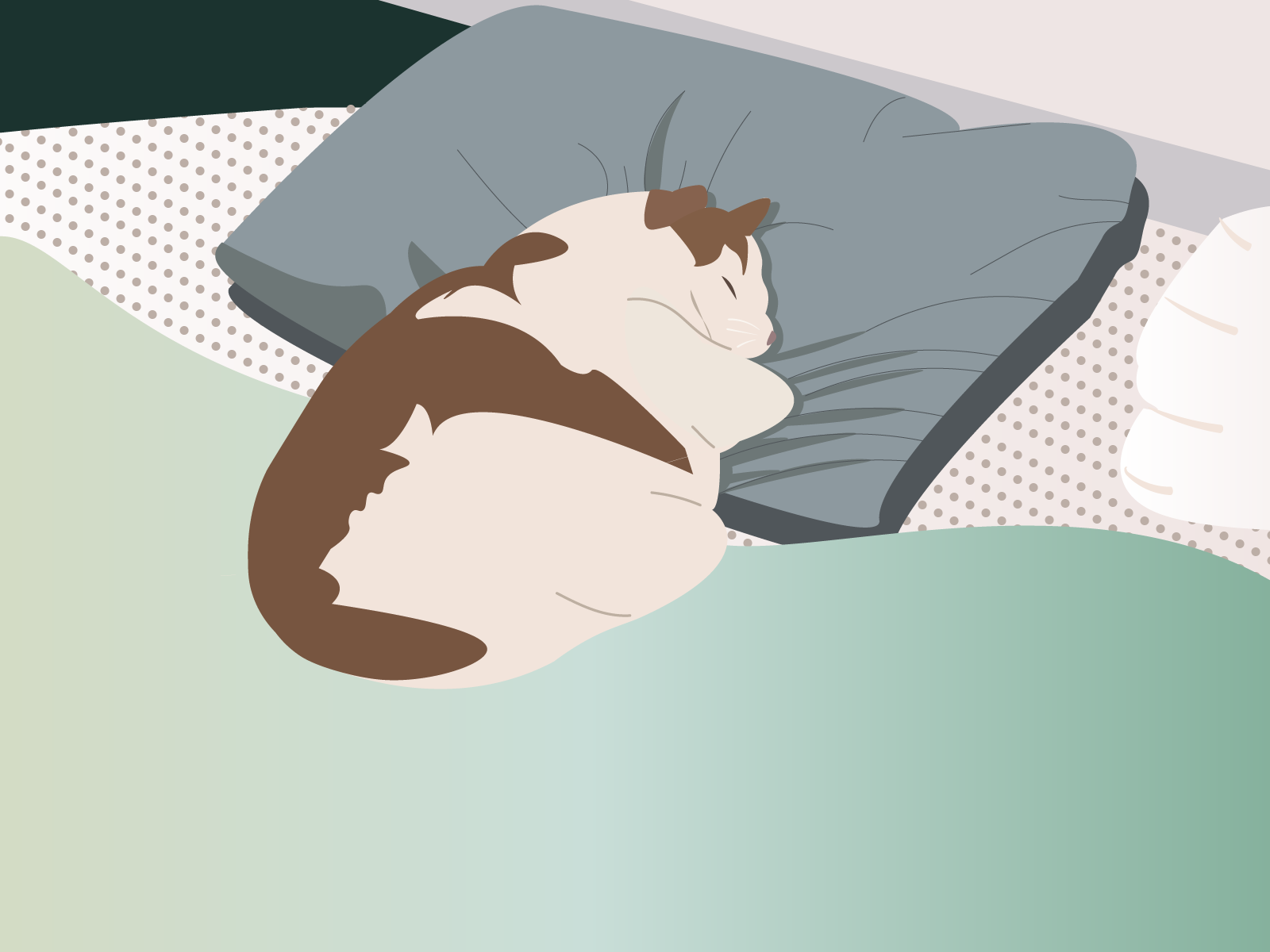
Sitting is one of the worst things we can do for our health. A UCLA study reports that people who are more sedentary experience thinning in brain areas associated with memory.
It was discovered that sitting is not only a physical health risk, but also a neurological risk. You can reduce the amount of sitting by adopting interventions such as moderate walking, standing while working, and standing meetings, even if only for 10 minutes at a time.
5) All screen time negatively affects our mental and emotional health
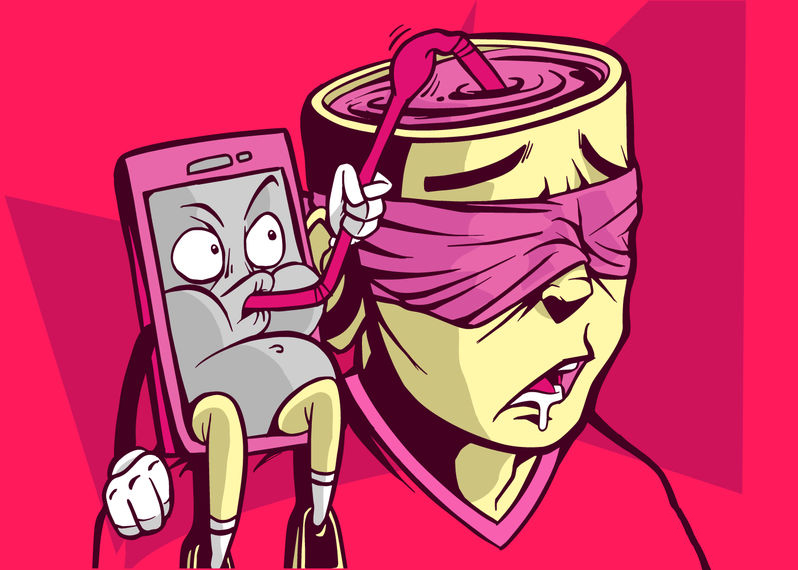
Today, face-to-face interactions are increasingly being replaced by digital tools. People are spending more time online than ever before.
“Anything with a screen, television, phones, tablets, computers, video games, creates screen time,” says psychotherapist Tom Kersting, an expert in mental health and parenting in the digital age. “If most of our waking hours involve staring at a screen, we know that’s too much.”
Meeting face-to-face is incredibly beneficial for your brain. In a study by the University of Michigan, it was discovered that even talking to another person for just 10 minutes a day improves memory and mental activities.
“Socialization was highly effective in enhancing memory and intellectual performance in our study,” said psychologist Oscar Ybarra of the UM Institute for Social Research (ISR).
The lack of real personal interaction limits the brain’s opportunities for making better connections. It can also lead to loneliness and depression, which contribute significantly to reduced brain health.
Looking at screens all day can injure your eyes, ears, neck, shoulders, back, wrists, and forearms. It also prevents you from getting a good night’s sleep.
According to experts, excessive screen time has a negative impact on emotional well-being as well as mental abilities.
Set sharp boundaries in your relationship with screens to avoid developing harmful habits. The goal is not to completely avoid screen time, as it is unrealistic in modern life. However, be careful if you are going to use a device.
Set sharp boundaries in your relationship with screens to avoid developing harmful habits. The goal is not to completely avoid screen time, as it is unrealistic in modern life. However, be careful if you are going to use a device.
6) In terms of healthy hearing, your headphones are surprisingly easy to damage the ear

People naturally like to turn up the volume. It makes the music more “fun” and more expressive. In the age of noise canceling headphones and earphones, you can easily damage your hearing.
When the world and the environment become distracting, it’s tempting to put on your headphones, play your favorite tunes, and turn yourself off to focus better. But if you constantly listen to your music at a very loud volume, you can damage your hearing. It doesn’t just damage your ears. In adults, it can also cause brain problems such as hearing loss, Alzheimer’s disease, and loss of brain tissue.
When the world and the environment become distracting, it’s tempting to put on your headphones, play your favorite tunes, and turn yourself off to focus better. But if you constantly listen to your music at a very loud volume, you can damage your hearing. It doesn’t just damage your ears. In adults, it can also cause brain problems such as hearing loss, Alzheimer’s disease, and loss of brain tissue.
When your brain has to work hard to understand what is being said around you, it cannot memorize what you hear. So protect your hearing by adjusting the volume of your headphones. This is an excellent way to protect your hearing and make your brain work better.
“One test we recommend is to take off your headphones and hold them at your preferred volume and hold them at an arm’s length in front of you. Can you hear the music clearly? So, try dimming and repeating,” Headphonesty says.
7) Sleeping badly bothers your brain

Insufficient sleep is a big problem for busy professionals. Sleep deprivation can have serious short- and long-term consequences. Recent research shows that not getting enough sleep can actually shrink your brain.
Sleep is absolutely essential for your brain. When you deprive your brain of healthy sleep, it can’t process information, consolidate memories, make connections, and flush out damaged toxins.
Insomnia slows your thinking; It negatively affects your memory, concentration, judgment and decision making. It hinders learning. Improving your sleep habits can be an important way to improve brain health. A good 7-8 hours of sleep is necessary to encourage new connections and brain growth.
If you are concerned about the health of your brain and the quality of your thinking, learn to take good care of your brain. A few simple lifestyle changes can improve your memory, learning, mental resilience, and overall brain health.
Source.

